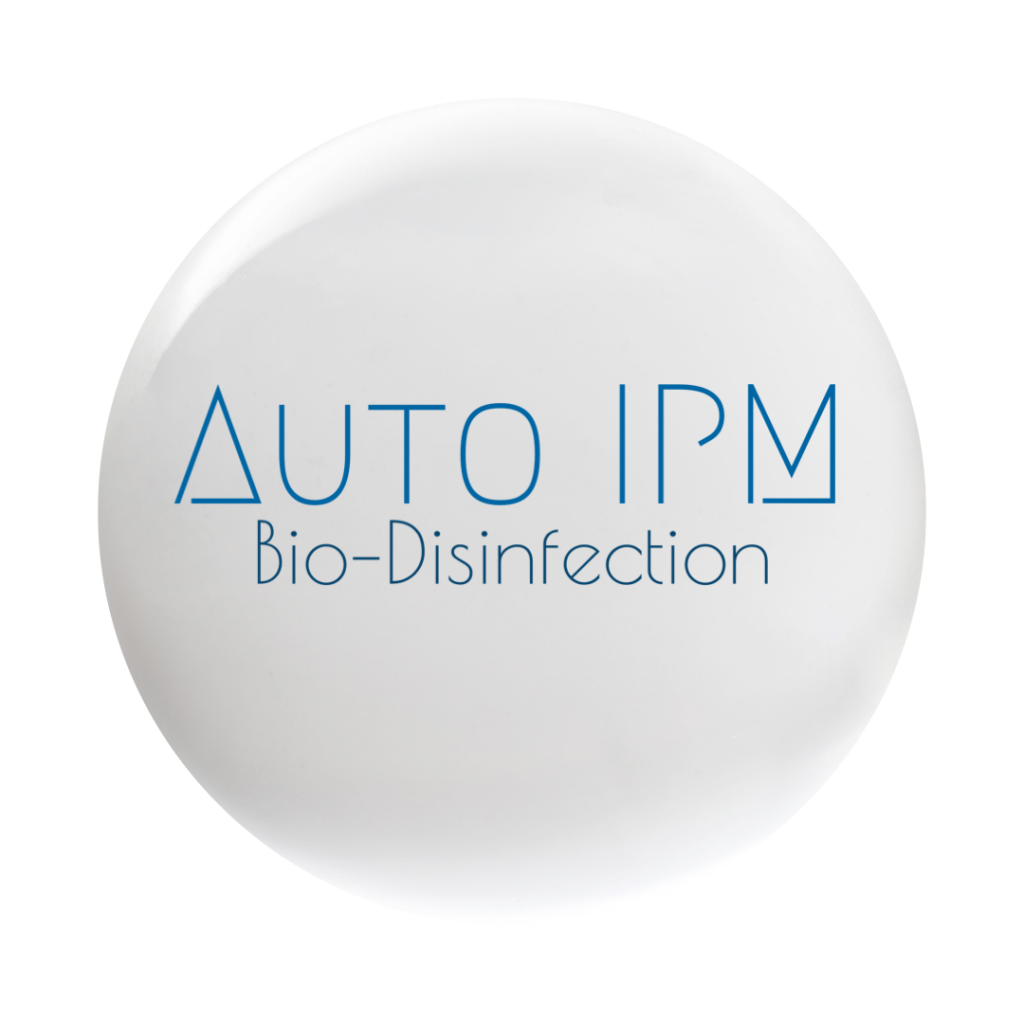How we can help
As stated on USDA.gov, the FSIS remains fully dedicated to its mission of ensuring the safety, quality, and accurate labeling of meat, poultry, and egg products in order to protect the public. The agency continuously evaluates and improves its policies and practices to prevent foodborne illnesses.
Despite the implementation of pathogen reduction goals aligned with Healthy People targets, the targets set for 2010 and 2020 were not successfully achieved. However, the new Healthy People 2030 target aims to reduce Salmonella infections by 25% in both FSIS-regulated products and overall. To accomplish this, the FSIS has observed a decrease in Salmonella contamination in poultry products based on sampling data. Nevertheless, the rate of human Salmonella infections has remained consistent over the past two decades, with an estimated 1.35 million infections occurring annually in the United States. Notably, poultry consumption, including chicken and turkey, contributes significantly to the occurrence of foodborne Salmonella illnesses.
This is where Auto IPM comes into play as a valuable solution for the Food Processing industry. Drawing from successful outcomes in Food Processing plants across the EU and US, the results certify surpassing the Healthy People targets of reducing Salmonella infections by 25% and significantly reducing the rate of Salmonella infections associated with poultry consumption. By implementing Auto IPM, the industry can strengthen consumer confidence by delivering safe and high-quality poultry products.
